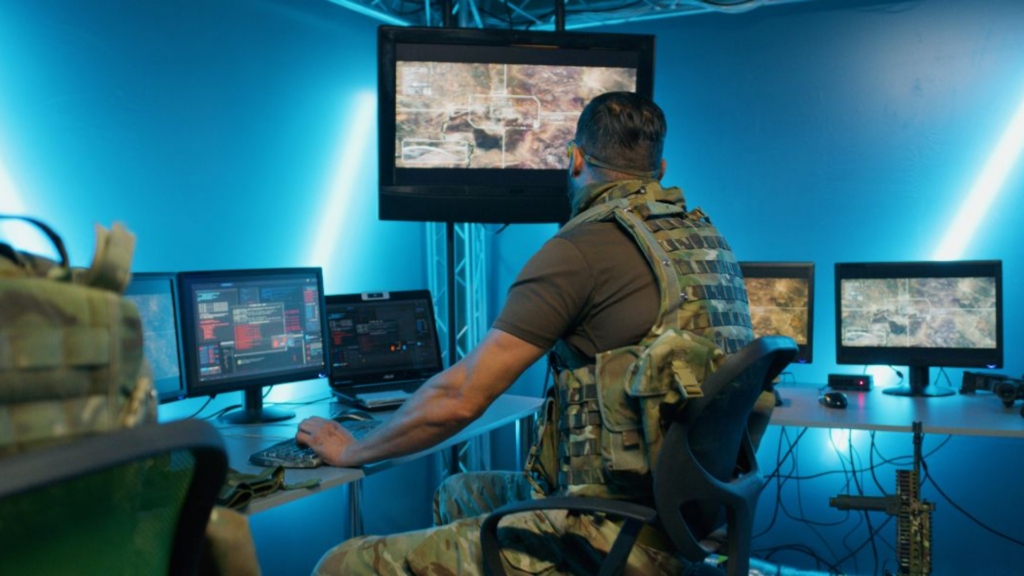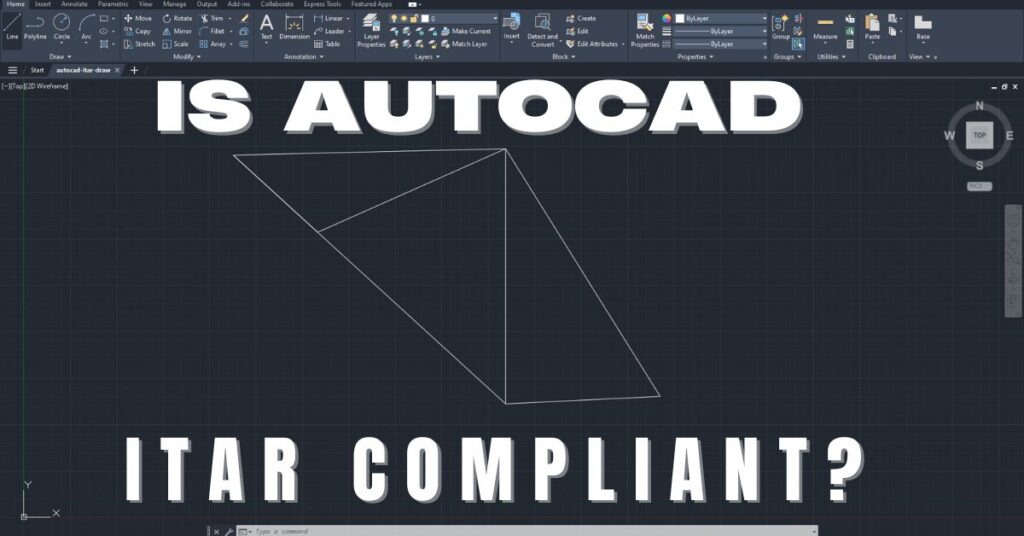Day in the Life of a CMMC 2.0 Consultant
As cybersecurity threats continue to increase in sophistication, the importance of securing CUI has never been more vital. To combat these challenges, the Department of Defense (DoD) has implemented the Cybersecurity Maturity Model Certification (CMMC) framework, which sets cybersecurity standards for companies that handle CUI. Cleared Systems, a company specializing in CMMC compliance, employs CMMC 2.0 consultants to help organizations achieve compliance. A day in the life of a CMMC 2.0 consultant can vary depending on the stage of the compliance process.
CMMC Compliance Documents
The consultant’s first task is to evaluate the client’s current cybersecurity measures against the CMMC requirements. This includes reviewing the client’s policies, procedures, and technical controls. Based on this evaluation, the consultant will create a compliance plan that outlines the steps the client needs to take to achieve compliance.
Here are just a few compliance documents each CMMC consultant completes for each client:
- CMMC Assessment Guide: This guide provides detailed information on the CMMC model, including the process for conducting a CMMC assessment.
- CMMC Model: This document outlines the various maturity levels and domains required for CMMC compliance.
- System Security Plan (SSP): This document provides a detailed description of the client’s system and how it is secured.
- Plan of Actions and Milestones (POA&M): This document identifies any deficiencies in the client’s security posture and outlines steps to remediate them.
- Policies and Procedures: This set of documents provides guidelines and instructions for the client’s security practices.
- Evidence Collection Plan (ECP): This plan outlines the evidence that the consultant will need to collect during the assessment process.
- Assessment Results: This document summarizes the results of the CMMC assessment, including any gaps or deficiencies identified during the assessment process.
During the compliance process, the consultant will work with the client to implement the necessary changes. This can include implementing new technical controls, updating policies and procedures, and training employees on proper cybersecurity practices.
The consultant will also be responsible for conducting CMMC assessments to ensure that the client’s cybersecurity measures meet the necessary requirements. These assessments involve reviewing documentation, interviewing personnel, and testing technical controls. Once the client has achieved compliance, the consultant will help them maintain compliance through regular assessments and updates to policies and procedures. They will also monitor for any changes to the CMMC framework and make recommendations for updates to the client’s cybersecurity measures. CMMC 2.0 consultants must have a deep understanding of the NIST 800-171 framework, which is the foundation for CMMC compliance. The consultant must also have a strong knowledge of CUI and DFARS, which mandates CMMC compliance for all DoD contractors.
Conclusion
In conclusion, CMMC 2.0 consultants play a critical role in helping organizations achieve compliance with the CMMC framework. Their work is essential to ensuring the security of CUI and protecting against cyber threats. If your organization handles CUI and needs help achieving CMMC compliance, contact Cleared Systems to speak with a CMMC 2.0 consultant today. If your organization needs help achieving CMMC compliance, contact Cleared Systems to speak with a CMMC 2.0 consultant today. Protect your business and ensure the security of Controlled Unclassified Information (CUI).
Share in Social Media
See More Case Studies

Securing Defense Contracts: A DFARS 252.204-7012 Compliance Case Study
Discover how Cleared Systems helped a Federal Contractor successfully achieve DFARS 252.204-7012 compliance by strengthening its cybersecurity posture, giving it a competitive edge when bidding for DoD Contracts.

What is GCC High? For ITAR & CMMC 2.0
Microsoft 365 Government Community Cloud (GCC) High is a specialized cloud solution tailored for U.S. federal, state, local, tribal, and territorial government organizations, as well as for contractors who hold or process data subject to specific security regulations. In this article, we will explore the features, benefits, and differences between Microsoft 365 GCC High and other Office 365 offerings.

Is AutoCAD ITAR Compliant? A Comprehensive Guide for Defense Manufacturers
Defense contractors and manufacturers working with sensitive military technologies face a critical question when selecting computer-aided design software: Is AutoCAD ITAR compliant? This question becomes

How to Get Help in Windows: Guide to Security and Compliance Support
In today’s digital landscape, ensuring your computer systems are secure and compliant with industry regulations is essential for both businesses and individuals. Windows, as one

Microsoft Copilot for GCC High: Enhancing Security and Compliance
In today’s fast-evolving digital landscape, organizations that handle sensitive data, particularly those in government sectors or defense contractors, face growing pressure to maintain strict security
Partner with Us for Compliance & Protection
We’re happy to answer any questions you may have and help you determine which of our services best fit your needs.
Your benefits:
- Client-oriented
- Security
- Compliance
- Peace of mind
- Efficiency
- Trust
What happens next?
Schedule an initial meeting
Arrange a discovery and assessment call
Tailor a proposal and solution
